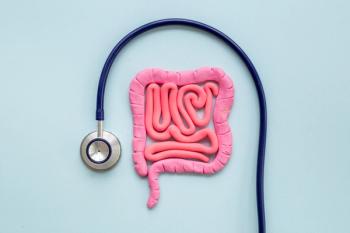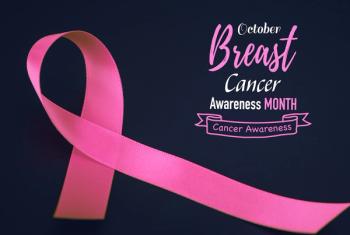
- Drug Topics December 2021
- Volume 165
- Issue 12
Medical Misinformation Consequences in Health Care
The COVID-19 pandemic and social media have resulted in extreme levels of misinformation.
The World Health Organization and United Nations have characterized the unprecedented spread of news, public health guidance, fact sheets, infographics, research, opinions, rumors, myths, falsehoods, and more during the pandemic as an “infodemic.”1 This infodemic has set the stage for exposure to not only accurate, helpful health information, but also to health misinformation, which is false, inaccurate, or misleading, based on the best available evidence at the time.
Misinformation has consequences for quality of care and the provider-patient relationship, according to Brian T. Kelly, MD, Midwest Allergy and Asthma Clinic in Omaha, Nebraska. “Misinformation can result in detrimental decisions throughout the field of medicine.
Unfortunately, misinformation is readily available and can appear as fact on many different platforms. I suspect that virtually every physician in the US has conversations with patients each day surrounding some form of misinformation a patient has heard,” said Kelly, who moderated the “Combating Misinformation in Medicine” panel at the American College of Asthma, Allergy
& Immunology (ACAAI) 2021 Annual Scientific Meeting, held November 4 through 8 in New Orleans, Louisiana.2 “Combatting this trend through facts and empathy are extremely important to maintain our patients’, communities’, and global health.”
The rise of misinformation has resulted in many problems, according to Kelly. “The COVID-19 pandemic and social media have resulted in extreme levels of misinformation,” Kelly said. “Two of these issues include reduced levels of care, [such as] patients not getting necessary care or procedures like a skin biopsy
for possible skin cancer, and an unfortunate distrust in medical providers. It is imperative for physicians to engage and provide factual and rational rebuttals to misinformation, as doing so will only benefit patients.”
The pandemic has highlighted the pervasive nature of health-related misinformation and how it can negatively impact medical decision-making, according to David Stukus, MD, a pediatric allergist and professor of clinical pediatrics in the division of allergy and immunology at Nationwide Children’s Hospital in Columbus, Ohio, and participant on the medical misinformation panel at ACAAI.
“Patients often seek medical information online, and unfortunately, the social media algorithms emphasize emotion-generating headlines, which frequently dilutes out evidence-based facts in favor of inaccurate anecdotes or testimonials,” Stukus said. “All health care professionals need to be aware of the influence misinformation has on their patients. Unfortunately, misinformation was a rampant problem prior to COVID-19 and will persist even after the pandemic is over.”
References
- Murthy VH. Confronting health misinformation: the U.S. Surgeon General’s advisory on building a healthy information environment. US Department of Health & Human Services. July 15, 2021. Accessed November 10, 2021. https://www.hhs.gov/sites/default/files/surgeon-general-misinformation-advisory.pdf
- Kelly B, Stukus D, Ellis A. Practical tools to combat misinformation in your practice. Presented at: ACAAI 2021 Annual Scientific Meeting; November 4-8, 2021; New Orleans, LA.
Articles in this issue
about 4 years ago
New Drug Review: Atogepant FDA-Approved for Migraine Treatmentabout 4 years ago
Slow Going: Progress to Resolve Drug Supply Chain Issues Is Minimalabout 4 years ago
Technology Solutions Aid Community Pharmacists in Expanding Rolesabout 4 years ago
Top Pharmacy Innovations of 2021about 4 years ago
Cannabis Consulting: Are You Ready?about 4 years ago
Pharmacist Intervention Helps Combat Chronic Opioid Use, Misuseabout 4 years ago
Vaccine and Pain Management Updates from ACR Convergence 2021about 4 years ago
COVID-19 Vaccine Boosters: The Latest UpdatesNewsletter
Pharmacy practice is always changing. Stay ahead of the curve with the Drug Topics newsletter and get the latest drug information, industry trends, and patient care tips.























